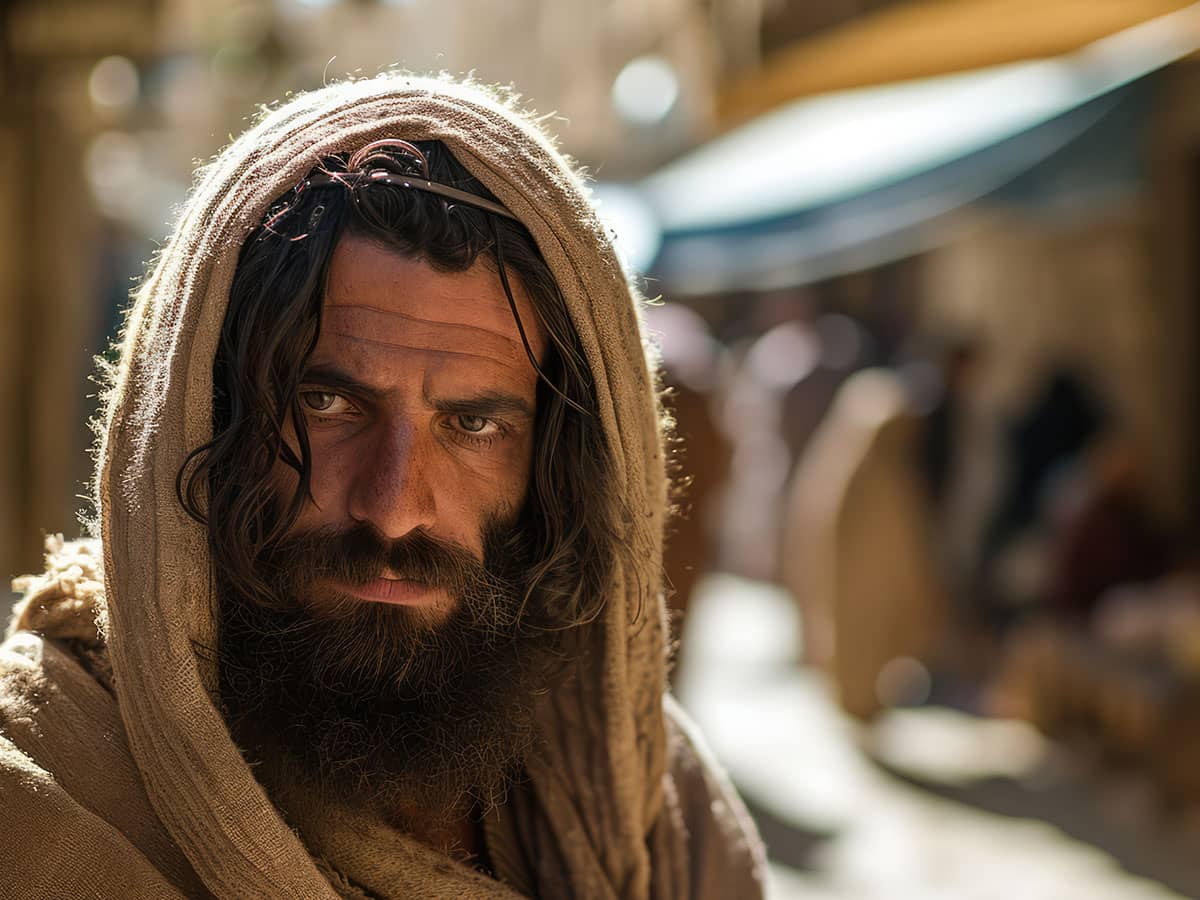
The Qur’an – often spelled as Quran or Koran – is the primary holy text of the Islamic faith. According to Muslim beliefs, the words of the Qur’an were dictated by Muhammad, who relayed them orally to his followers. The term Qur’an translates to mean “the recitation.” The message was delivered by Muhammad approximately 600 years after the earthly ministry of Jesus Christ. Given the Qur’an is the foundation of the Islamic worldview – the basis of Muhammad’s prophetic claims, the foundation of Shari’a law, and the most frequently recited book in the world, many Christians wonder if there is value to reading this religious text?
There are many Christians who believe that we should not read the Qur’an or that reading it is unnecessary. Muslim convert to Christianity and popular writer Nabeel Qureshi answers with an emphatic “no” whenever Christians ask him whether they should read the Qur’an. His first reason is that the Qur’an was not designed to be read like a book. Qureshi explains, “When Muhammad was alive, there was no such thing as a written book in Arabic. What the early Muslims knew as ‘Qur’an’ were short liturgical recitations. After Muhammad died, all these recitations were compiled into a book we call 'the Qur’an.'” This explains why many who try to read the Qur’an walk away confused and frustrated. It was not designed to be read like the Bible.”
His second reason is that the Qur’an comprises only a small part of Muslim’s worldview. Qureshi explains, “Far from ‘solar scriptura,’ the Islamic way of life mostly comes from traditions, called ‘hadith.’ How many times to pray, rules for ceremonial washing and rituals, details on fasting and commerce laws…almost everything comes from hadith. Some hadith even render Quranic verses ‘abrogated,’ or repealed, depending on which imam interprets them. Thus, a complex system of time-honored traditions, authoritative leader, and theological branches interact to form Islam.”
Qureshi shares that as Muslims, they did not learn directly through the Qur’an. They absorbed it by being immersed among other Muslims. He argues that if Christians wish to reach their Muslim neighbors, they should do the same thing: be with Muslims. But might Qureshi have said this not because he didn’t find value in reading the text, but more because Muslims in fact find interpreting the Qur’an difficult. Given this, he feared it would be even more difficult for Christians. Despite these challenges, there is value and merit to Christians understanding this holy text.
While many Christian scholars argue that the Qur’an is a primitive document, mounting a weak challenge to Christianity, this is not a strong basis for not reading the text. Christians should be aware of what the Qur’an actually says. It’s one of the only books that regularly makes it to the news and there are many misconceptions around what the text says and how it is applied to the lives of those who are a part of the Islamic faith. We don’t have a choice but to engage with this book. It’s important that we understand the scripture that shapes Muslim thinking. Harold Bloom, author of “The Western Canon: The Books and School of the Ages” believes that now as never before, we need to understand this text.
“Ignorance of the Koran is foolish and increasingly dangerous," Bloom says. He implies that our very future may depend on the understanding of it. As the influence of Islam continues to reach westward, as immigrants, skilled laborers, refugees and students enter our communities, Christians must be ready to give an answer to what they believe about Islam. That answer has to be more nuanced than “Muhammad was a false prophet.” Urging other Christians to not read this book is unwise and ignoring it is no longer an option.
When we, as Christians, take the time to read the Qu’ran, we are showing respect to our Muslim neighbors, respect enough to try and understand their religion. In the process, we may also gain their respect. Reading the book also gives you leverage. When you ask a question or make an argument about the Qur’an, a Muslim friend may ask you if you’ve taken the time to read their holy book. When you answer in the affirmative, it gives them pause and shows that you’ve taken the time to understand their religion and the arguments you’re making. You can even challenge them to read the Bible with good grounds. It also shows that you take your faith seriously. You’re not just blindly accepting your faith. You know why you believe what you believe.
Before you set out to read the Qur’an, it’s important to know that it is not light reading. Many find it repetitive and confusing, and is very difficult to read from cover to cover. But if you are going to reject a book and critique its religion, it’s important that you work hard to grasp its message. Remember, the revelation was given over a period of decades, and each verse has a particular scriptural and historical context. The themes of the Qur’an are interwoven among the chapters, and the book is not in chronological order. Despite the challenges of reading the text and understanding its message, there are more tools and resources available to help Christians read than ever before.
Ultimately, reading the Qur’an helps us in our witness as well as understanding the differences between the Qur’an and the Bible. It can also help us to grow in our Christian faith, securing us in what we believe.

